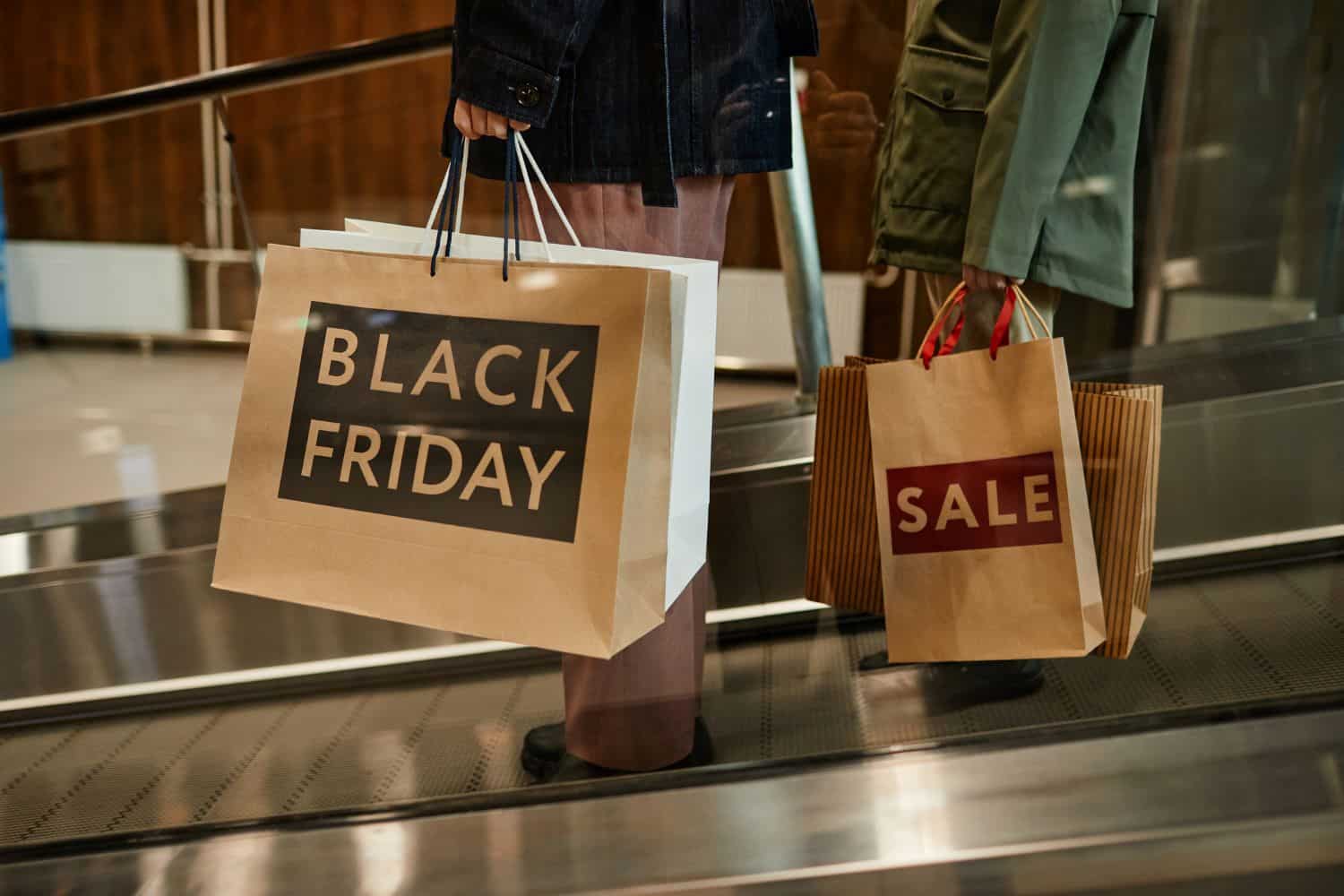Experts share tips to help shoppers manage impulse purchases.

As Black Friday and the festive shopping season approach, retailers and online platforms are pushing deals designed to encourage spending.
Experts say these promotions tap into psychological triggers that can influence consumer behaviour.
ALSO READ: Makeup colours that move with your look
How the brain responds to deals
Kaylynn Philander, Lifestyle and Leadership Coach and ICF Credentialed Coach at the South African College of Applied Psychology (SACAP), said humans are “inherently wired to recognise opportunity”.
“Discounts and deals activate our brain’s dopamine-driven reward pathway, igniting anticipation and giving us a surge of emotional excitement,” Philander said.
“That rush isn’t about the product itself – it’s just our brain’s reward system lighting up because of the possibility of getting something for less. It’s the deal that hooks us, not the item.”
Philander added that urgency cues, such as countdown timers or “only a few left” notices, trigger the amygdala, creating a subtle fear of missing out (FOMO).
She said in these moments, the prefrontal cortex, which controls rational decision-making, takes a backseat. “Even disciplined shoppers can act on impulse in high-stimulus environments like Black Friday.”
Emotional drivers behind spending
Leadership development coach Michaela Mahes explained that market stimuli influence most buying decisions.
“As we approach Black Friday and year-end festivities, the music is louder in stores, and there’s more advertising online, on radio and TV,” she said.
“We need to understand the intention behind our purchases. Do I really need this, or am I being caught up in the hype? We tend to spend more when we are emotionally charged; stressed, anxious or joyful, our logical thinking is compromised.”
Mahes said much consumer spending is driven by emotional needs rather than necessity.
“Most often we purchase an item to make us feel special and significant. One of our basic human needs is ‘belonging’ and advertising often touches on our emotions to make us feel that if we purchase the goods, we will experience a greater sense of belonging,” she said.
Philander said conscious consumerism begins with awareness.
“Just as coaching helps us tune into our thoughts, emotions and triggers, conscious consumerism encourages us to recognise what is driving our spending choices,” she said.
“Are we buying from a place of genuine need and in alignment with our values, or from emotion, impulse or comparison? Emotional regulation allows us to step back from instant gratification and make values-based decisions.”
Tips for shopping consciously
Both coaches offered strategies to help shoppers manage impulse purchases:
- Plan ahead – Create a list of essentials, treats within your means, and gifts. Review your budget and priorities.
- Pause and notice – Before buying, ask if the item is necessary or aligned with your values. Consider whether emotion, comparison or impulse is influencing the decision.
- Be mindful of marketing triggers – Recognise scarcity messages, pop-up adverts, and countdowns designed to induce urgency.
- Avoid high-stimulus environments – Shop during quieter times or set boundaries online to reduce temptation.
- Align purchases with long-term goals – Focus on financial plans, upcoming necessities, and personal priorities to avoid overspending.
NOW READ: Jockey brings it home with locally made U-Pouch trunks






